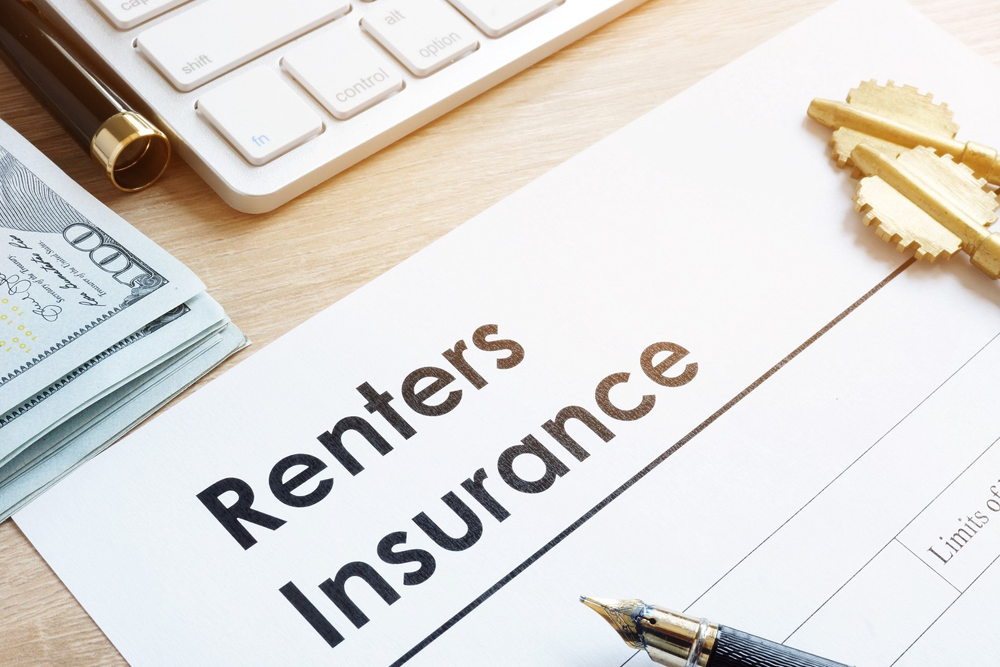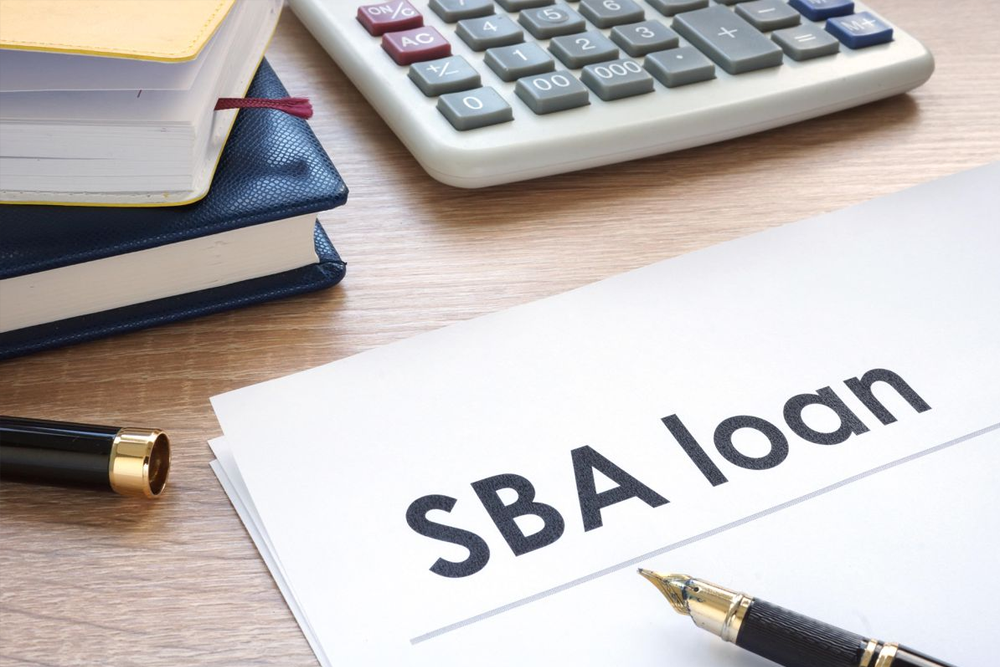Long-term business loans can offer your business funding that can be repaid over several years. Business owners often use it to meet long-term financing needs like buying an existing business, equipment financing, and construction. Terms usually begin at two years or more, even though ten to twenty years is more likely, with loan amounts from $25,000 to $200,000. The advantages of long-term business loans generally include larger financing amounts and lower interest rates and payments as compared to short-term business loans. Nonetheless, short-term business loans are often paid back over much shorter periods of time to have lower total costs than long term loans. Simply to any business loan, you must know how to qualify for a long-term business loan to have a successful loan application.
Criteria for long-term business loans
Let us consider long-term business loan qualifications so that you can prepare for the application.
Long-term business loan lenders prefer established businesses
Long-term business usually involves large sums. Thus, lenders prefer to work with companies that are already established and have been accumulating substantial revenues for several years. To qualify for a business loan with a longer repayment term, you will probably need to submit profits, annual revenues, and other financial metrics over several years. To that end, lending institutions might require financial documentation.
Cash flow
Lenders will assess your cash flow and operating expenses. Does your business have a steady income that will ensure timely payments?
Lenders will need to be confident in their investment
Often, long-term business loan lenders opt for businesses with high credit scores. Your credit score proves how likely you are to repay the loan. Given the risks that come with providing financing, lending institutions will pay close attention to your credit score.
Business plan
Lending institutions might also request detailed plans concerning how you will invest the money into your business. A business’s success often comes down to marketing opportunities, planning, and vision. Lenders will want to see all the above and request a business plan and other documentation. Your business plan should show: What your goals for the business are and how you will achieve them and if the goals are attainable. The lending institution might also want to know the owner’s background and history and any other key players involved in realizing these goals.
Availability of insurance
Similar to a home mortgage, lenders want to ensure a business is properly insured in the event of a flood, fire, or similar losses.
What and why you need the money
The lender will want to understand what this loan is used for and why it is required. That is if it is for expanding a business space or buying equipment.
The stake in the business
Lending institutions will want to see that an owner is personally invested in business before offering a business loan. A lender might ask if the owners can invest their money in the business instead of seeking a long-term business loan.
Industry
The kind of industry your company operates in can be a deciding factor for most lending institutions. And in some situations, they might lean away from certain industries that are regarded as risky. In fact, businesses that are considered socially undesirable or have an unsteady cash flow tend to be denied. Provided you own a seasonal business, like a golf course, ice cream truck, landscaping company, you most possibly understand the significance of ample cash flow to sustain your business during the offseason. Given these types of businesses’ challenges, getting accepted for a long-term business loan can be difficult. Luckily, there are many other business options out there.
How to qualify for a long-term business financing?
To be eligible for a long-term business loan, there are a few steps you should complete
Step 1: Build personal and business credit scores
Typically, your personal credit score will range from 300 to 850 (the higher, the better), and it evaluates your ability to repay your personal debts, like credit cards, mortgage, and car loans. Commonly, the FICO credit score is used in lending decisions and is based on five factors: credit inquiries (10 percent), types of credit in use (10 percent), how long you have had credit (15%), the amounts owed on credit cards and other debt (30 percent) and your payment history (35 percent of your score).
Clearing your bills on time is vital to building your credit score. However, even if you pay your bills on time, credit report errors can be damaging your score. You can get a copy of your credit reports yearly for free at AnnualCreditReport.com and dispute any incorrect information you find on your credit report through each of the credit bureaus’ websites (TransUnion, Equifax, and Experian).
High chances are you will need an excellent business credit score and a good personal credit to qualify for a long-term business loan from the bank; this will depend on the lender and business factors like time in business, cash flow, and revenue. Generally, online lenders look at personal credit scores; however, they can be less strict when it comes to credit score requirements since they place more emphasis on your business’s cash flow and track record.
Step 2: Research on different loan providers and check if you qualify
Make sure you do your research on lenders and note the eligibility requirements for every application. Meeting a lender’s minimum requirements will make you a stronger applicant. Some lenders might offer some flexibility if you are underperforming in one region but over-performing in another. However, your best chance of getting approved is meeting or exceeding all of the borrower’s minimums. Typically, borrowers need to meet minimum criteria related to credit scores, years in business, and annual revenue. And as mentioned earlier, lenders frown upon current bankruptcies and other past delinquencies.
If you are looking for a long-term business loan that is backed by the United States Small Business Administration, you will have to meet additional SBA loan qualifications. Your company must meet the SBA’s size standards since these loans are only for small businesses. Typically, borrowers need to have business revenue and strong personal credit and must be current on all government loans with no past defaults. Thus if you have been late on a federal student loan or on a government-backed mortgage, you will be disqualified.
Step 3: Collect important documents and info
Gather the information and documents to satisfy the requests that a lender will make to come up with a lending decision for your application, such as credit score, revenue, payroll, and more. These qualifications might make getting a long-term business loan time-consuming. That might not be an issue if you are in the market for a long-term business loan to fund a significant investment. Nonetheless, if you need money faster, online lenders might be a better fit, since they can provide a streamlined online application process with lesser documentation and faster underwriting.
Step 4: Develop a strong business plan
Lending institutions will need to know how you plan to use the funds and will want to see that you have a strong capability to repay. They might require a solid business plan that outlines the loan’s aim and how you expect to increase revenue. Develop a solid business plan that shows the current and projected financials. It should also clearly demonstrate that your business will have sufficient cash flow to cover ongoing expenses and the new loan payments. This will make the lender more confident in your business, increasing your long-term business loan approval odds. Your business plan should include:
- SWOT analysis (weaknesses, strengths, threats, and opportunities)
- Sales, marketing and promotional strategy
- Operations and facilities plan
- Industry analysis
- Management team
- Company description
- Product or service description
Step 5: Provide collateral
To be eligible for a long-term business loan, you might have to provide collateral to back the loan. Generally, collateral can be an asset such as real estate, equipment, or inventory that can be seized and sold by the lending institution if you cannot make your payments. Generally, it is a way for lenders to recover their money if your business should fail. SBA loans require ‘adequate’ collateral for security on all loans and a personal guarantee from every owner of twenty-percent or more of the business. A personal guarantee puts your personal assets and credit score on the hook.
Some online lenders do not need collateral; however, they might want a personal guarantee. Other lenders might also take a blanket lien on your business assets- virtually another kind of collateral- providing the lender the right to take business assets (equipment, inventory, and real estate) to recoup an unpaid business loan. Generally, each lending institution has its own requirements, so do not be afraid to ask questions if you are uncertain. If you do not have collateral to get a long-term business loan or do not want to take on the risk of losing business or personal assets, unsecured business loans might be a better option. You can now officially apply for a loan after doing your research and organizing all the required documents. Make sure you apply for the long-term business loan that best meets your business needs.











